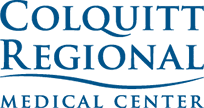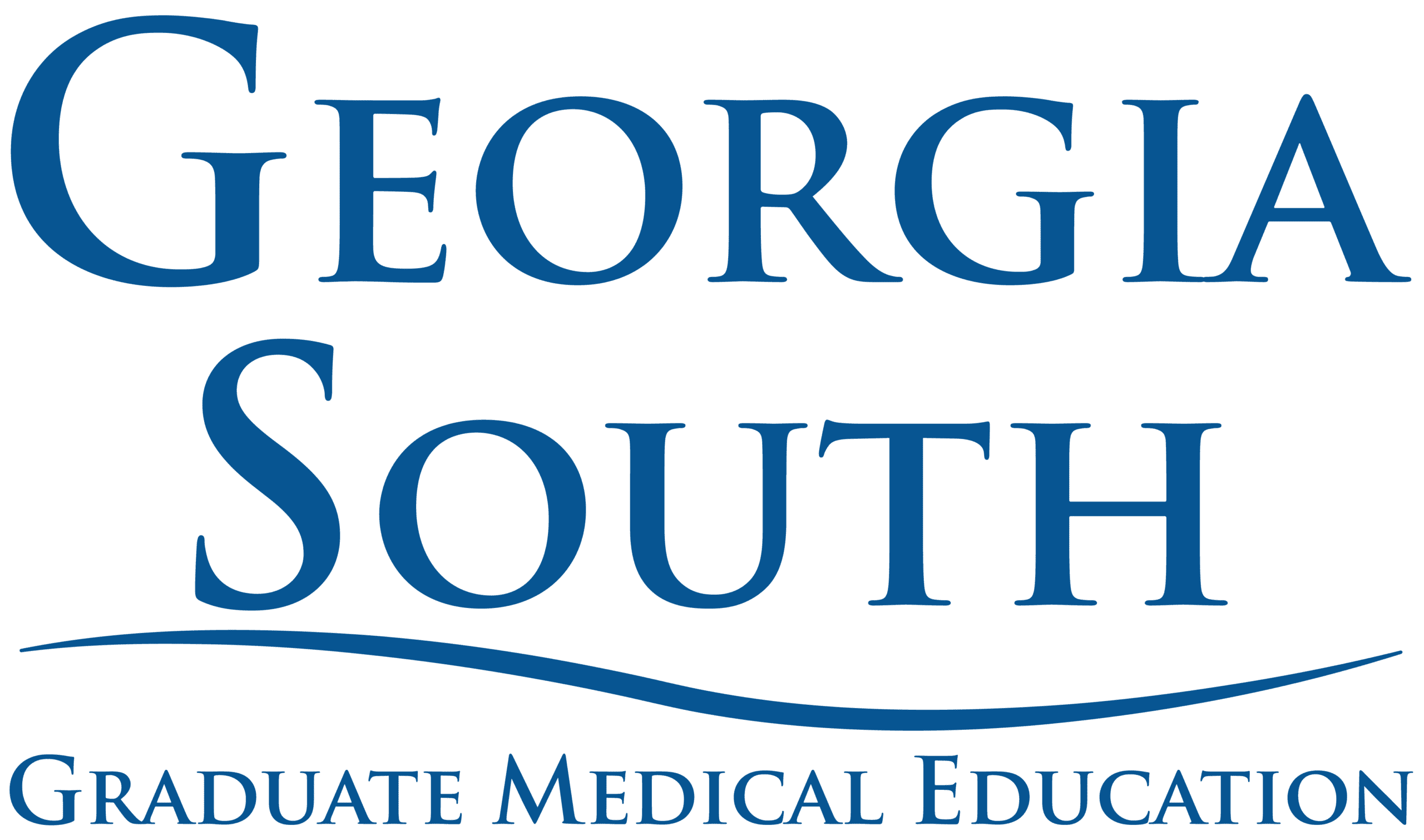Health and Wellness


Definitions
Burnout: Long-term exhaustion and diminished interest in work. Dimensions of burnout include emotional exhaustion, depersonalization, and feelings of lack of competence or success in one’s work. Burnout can lead to depression, anxiety and substance abuse disorders.
Resident: Any physician within Georgia South’s Residency programs.
Resilience: The ability to withstand and recover quickly from difficult conditions or situations. During training, Residents may face difficult patient care, educational or personal events which have the ability to negatively affect their Well-being. Decompressing after such situations, through conversation with peers, mentors or family, and self-care activities, can increase Resilience.
Well-being: Refers to the state of being healthy, happy and successful. Well-being may be positively increased by interacting with colleagues at work, being intellectually stimulated, and by feeling that one is making a difference/helping. In addition, self-care activities, including exercise, getting plenty of rest and connecting with others, is beneficial.
Institutional Support
Colquitt Regional Medical Center will provide residents, faculty, and staff access to their fit4you health and wellness program which focuses on work-life balance, financial education, physical health, and professional/career development.

Health Improvement and Employee Wellness: To include health risk and wellness assessment, health and lifestyle coaching, diet and nutrition resources, fitness rooms, onsite fitness classes and others. Process group, which will include all residents and a therapist, will meet once per month.
Employee Assistance Program (EAP): Confidential and free counseling services which include up to 3 visits per year. Call: 229-985-8452
Program Support
There are circumstances in which Residents may be unable to attend work, including but not limited to fatigue, illness, and family emergencies. In the event that a resident may be unable to perform their patient care responsibilities, the program will ensure patient care is uninterrupted without negative consequence for the resident.
Residents have the opportunity to attend medical, mental health, and dental care appointments, including those scheduled during their work hours. Residents must follow the program’s procedures for scheduling and notification of these appointments.
Georgia South strives to maintain a culture that promotes the health and wellbeing of all residents, faculty, and staff. All are encouraged to “speak up” if there are concerns about someone’s health or safety so these concerns can be addressed in a prompt and caring manner.
Below are some relevant policies and resources for all:
- ACGME Wellness Resources: http://www.acgme.org/What-We-Do/Initiatives/Physician-wellBeing/Resources/Additional-Resources
- Mayo Clinic and American Foundation for Suicide Prevention Video: https://www.youtube.com/watch?v=I9GRxF9qEBA
- Suicide and Crisis Intervention Hotlines:
- National Suicide Prevention Hotline: 800-272-8255
- Georgia Crisis & Access Line: 1-800-715-4225
- Crisis Text Line: Text “GA” to 741-741
- National Hopeline Network: 1-800-784-2433
- Mental Health Resources at www.ULifeline.com
- National Alliance on Mental Illness at NAMI.org
Resident Fatigue
In addition, the following measures are taken to address Resident Fatigue:
- Fatigue mitigation is discussed regularly during residency meetings and any concerns are brought to the GMEC meeting.
- Residents are expected to take responsibility for determining if they are fit for patient care duties and to recognize signs of impairment, including illness and fatigue.
- If residents have difficulties completing patient care assignments within the clinical and educational work hour rules, the reasons are investigated, and schedules are adjusted to mitigate excessive service demands and/or fatigue.
- Faculty and other staff are always available to provide back-up to residents who are fatigued and to promote safe continuity of patient care.
- Residents and faculty must demonstrate responsiveness to patient needs that supersedes self-interest and must recognize that patient interests are best served by transitioning care to another qualified provider. They must be prepared to transition patient care to other qualified and rested clinical providers in order to promote safe medical care.
- Georgia South has policies to ensure and monitor effective structured hand-over processes that promote continuity of care and patient safety.


